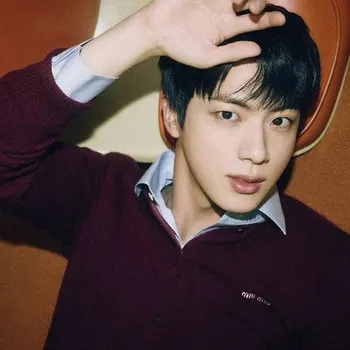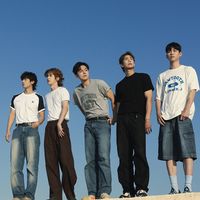
SM Entertainment / YAMYAM Entertainment.
As we reach the end of a mixed-bag year, many people are wondering what tomorrow holds for K-Pop. The obvious answers include the metaverse, robotics, and greater integration of AI, but there is another trend that is bubbling underneath the surface—Korean trot music.
K-Trot, affectionately called 'Ppongjjak,' is a music genre that is making a remarkable comeback, and it's an exciting thing. Trot music has distinctive rhythms supported by its deep roots and a political history that could potentially reshape the global music landscape. Let's take a closer look at its origins and recent fame and find out why it could be the next big trend to come out of South Korea.
The Roots Of K-Trot: A Complex Historical Symphony
Trot has a century-long legacy with its origins deeply intertwined with Korea's historical experiences. According to Lee JungMin "Mina," a musicologist at Duke University, this genre can be traced back to the 1920s and 1930s. This period was painful for South Korea's identity and culture. Much of its art was struggling to survive under imperial rule, but in this very climate, Korean trot music found its voice.
Early trot songs were often direct adaptations of enka, a
Enjoy full access for just $1
Join over 10,000 active members!
🌟 Special Contents for Subscribers





















